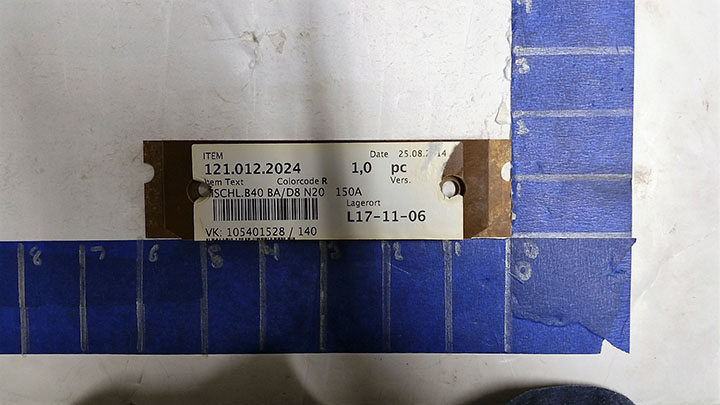Schelling Parts Prevent costly downtime and keep your production line up and running with Schelling replacement parts. Just locate the part number in the machine manual, enter part number in the search query box and click on the photo to enlarge. See all SCHELLING machines listed on EX-FACTORY. Home Office 1805 Sardis Rd. North, Suite 107 Charlotte, NC 28270 USA Ph: 800.374.5009 Fax: +1 704.644.8068.
Author: Mr John LaughlandPublisher: Ashgate Publishing, Ltd.
Schelling Saw Troubleshooting


ISBN: 1409485536
Size: 44.62 MB
Format: PDF
View: 4201
Get Books
In tracing Friedrich von Schelling's long philosophical development, John Laughland examines in particular his disentanglement from German idealism and his reaction, later in life, against Hegel. He argues that this story has relevance beyond the facts themselves and that it explains much about the direction philosophy took in the century between the French Revolution and the rise of Communism. Schelling's development turned principally on the related questions of human liberty and the creation. Following a sharp disagreement with his old friend Hegel over the Phenomenology in 1807, Schelling wrote a short but brilliant essay on human freedom in 1809, after which he never published another word. In the remaining decades of his life (d. 1854) Schelling developed in an increasingly conservative and Christian direction, preoccupied with the relationship between Christianity and metaphysics. In numerous lectures and unpublished works, he attacked what he saw as the hubris and artificiality of Hegelian rationalism. However the path against which Schelling warned was the one which philosophy finally took. Schelling was determined to show how philosophy (especially ontology) explained and was explained by Christianity, and that both had been damaged by modern rationalism. But Hegel’s Marxist epigones who attended his later lectures scoffed and Hegelianism triumphed. This is an elegantly written and engaging study in the history of ideas of a philosopher on the losing side.
Schelling Beam Saw
